Syria's Kurds between hope and fear
-
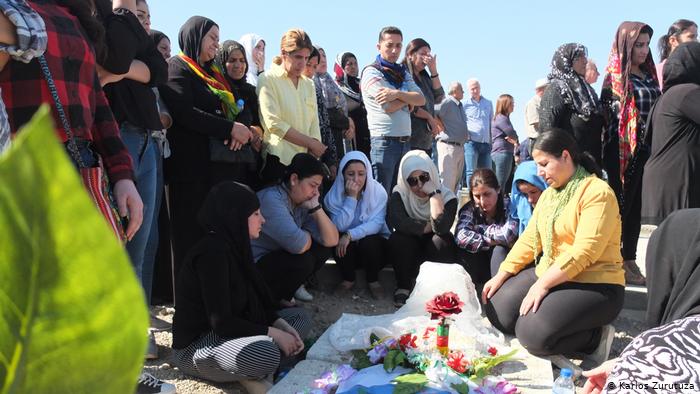
Left on their own: the Kurds in Syria opted to side neither with the regime nor the opposition after the civil war broke out in 2011. Now they stand alone, besieged and with no one to back them since their American allies withdrew -
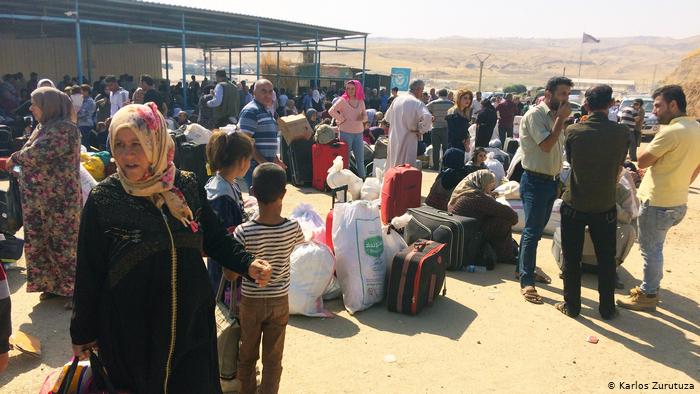
Kurdish families in search of safety: according to UN sources almost 200,000 people have become IDPs (internally displaced people) since Turkey launched an attack on Kurdish-controlled territories on 9 October. Many Kurds have reportedly tried to cross the border to seek shelter in the Kurdistan region of Iraq, but only those who can produce an Iraqi-Kurdish resident card are allowed to cross -
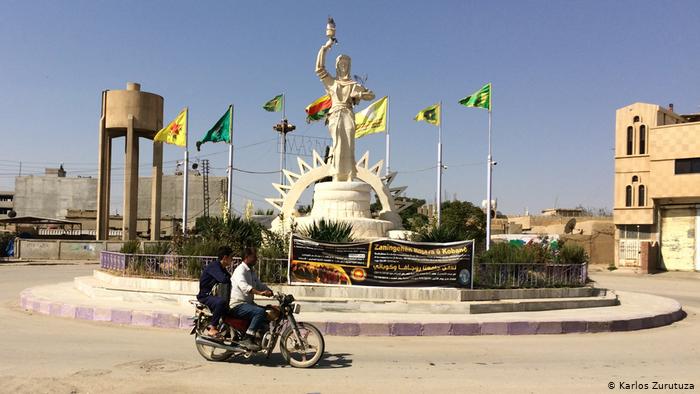
Men alone: many villages in Syria's northeast have nearly emptied of people over the last week. Women and children in towns close Turkey have been heading further inland, to Hasaka, leaving the border region inhabited almost only by men. "Conditions are deteriorating rapidly in Hasaka due to the massive influx of people, so we decided to stay," said Suna, a mother of three children -
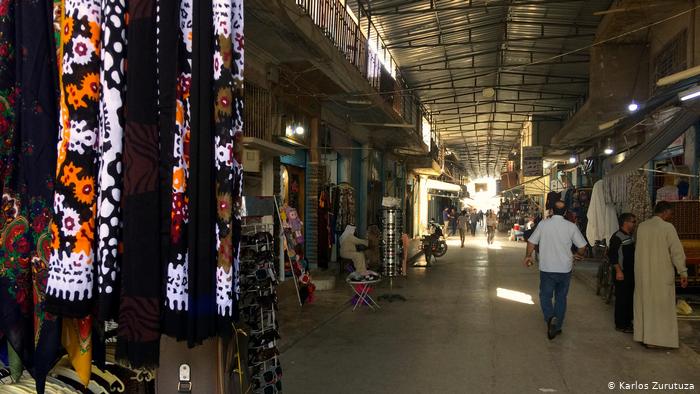
Life has gone elsewhere: the once lively bazaar in Amuda has turned into a gloomy place where just a few men gather. Many shops have folded since the Turkish invasion began, and those which remain open sell products at hardly affordable prices due to the collapse of the Syrian currency. Shelling from the other side of the frontier usually starts at dawn, so those who remain in the town hardly venture outside at night -
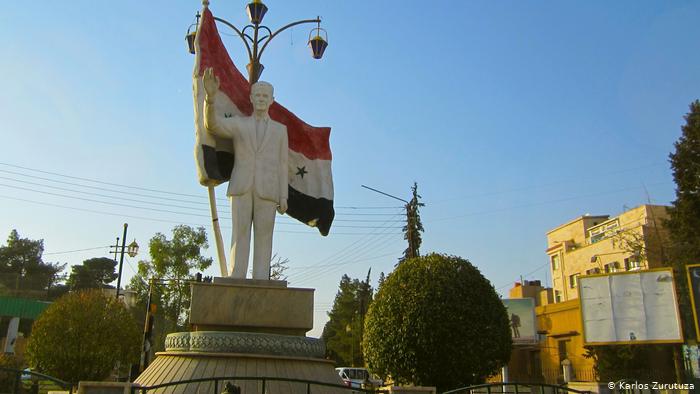
Back in town: co-existence between the Syrian Kurdish administration and President Bashar Assad's regime in Qamishli, the main city in the country's northeast, has been tense since the Syrian civil war started in 2011. The recent deal between the two sides involves a re-deployment of Syrian troops along the Turkish border. It is unclear who will be in control of the region in the short term -
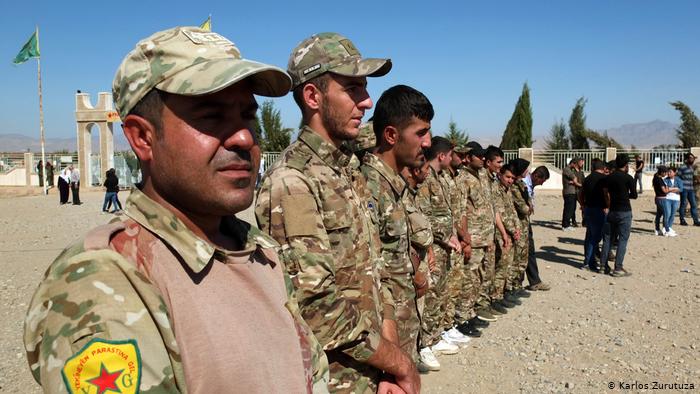
Fighting on two fronts: while Kurdish combat units fight against the Turkish army and Ankara-backed militants, it's still unclear what the Syrian Kurdish fighters' status will be since reaching out to Assad for support. "We will keep controlling the area as we've done until today, there will be no substantial changes other than a joint command in certain border areas," said officials -
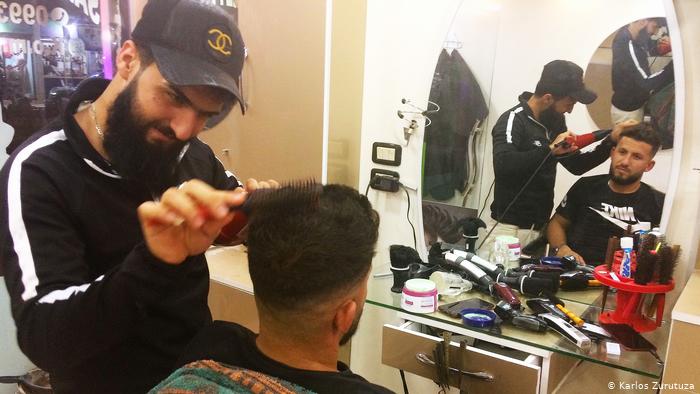
Uncertainty reigns: Syrian Kurds feel betrayed since the U.S. president decided to pull out all remaining troops. Many confessed they felt relief that the Kurdish fighters had struck a deal with the Syrian regime to control the border areas as it could prevent Turkey from attacking their villages. "We know what Trump did to us, but we still know nothing about Putin's intentions," said Massud, a barbershop customer -
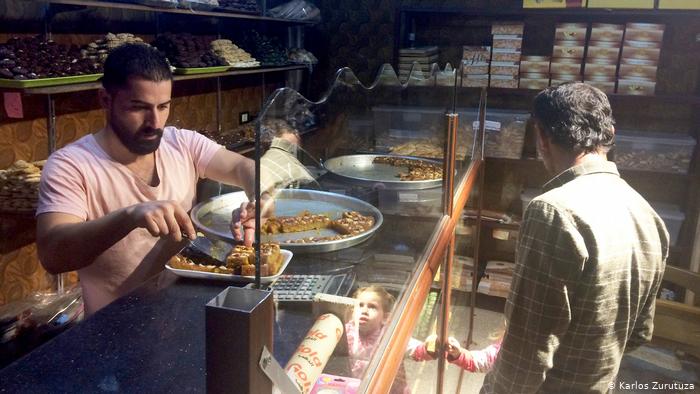
'I would rather not speak': after decades of brutal repression under the Assads, many residents in Derik refused to comment on the possible consequences of the regime's comeback to an area that has enjoyed de facto self-rule for several years. "The whole country was controlled by the secret services back then, and it may happen again soon, so no one will dare to talk to you about it," one person said -
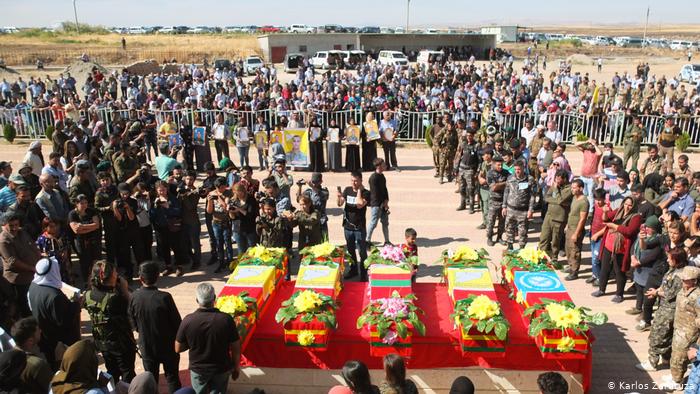
Five more lost: all over Syria's northeast residents have had to deal corpses arriving daily from the frontlines. Turkish air strikes have hit both military targets and civilians so that many hospitals caring for wounded fighters, such as the one in Derik, have been evacuated to avoid further casualties -
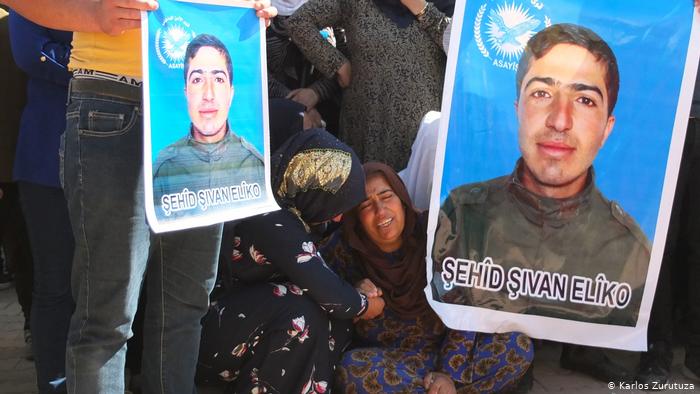
Deaths mount: the Syrian Kurds claim to have lost around 11,000 people in the fight against the so-called Islamic State. Although IS has lost control over territory of any significant size, the killing continues. Dozens of civilians and hundreds of fighters have reportedly been killed since Turkey launched its attack on Syria's northeast
https://qantara.de./en/node/23085
Link
To all image galleries
